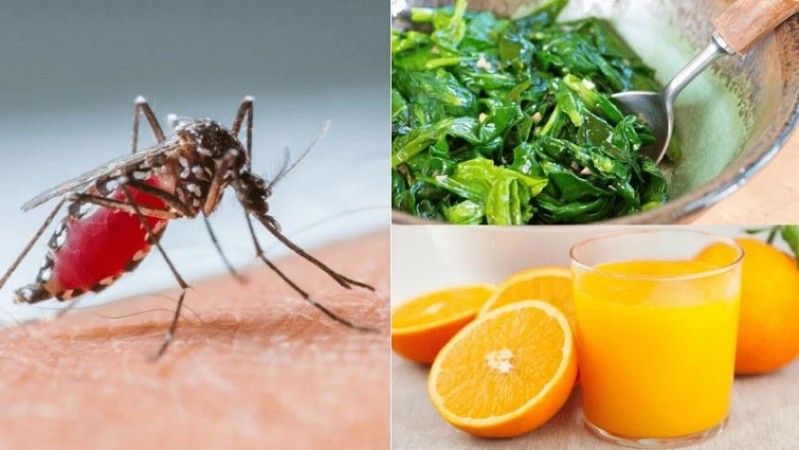
Dengue fever is a mosquito-borne viral illness that affects millions of people worldwide each year. It is caused by the dengue virus, which is transmitted primarily by the Aedes mosquito. While dengue fever can be a painful and debilitating illness, understanding its symptoms, treatment, and recovery process can help individuals navigate through this challenging period. In this article, we will delve into the key aspects of dengue fever, its recovery, and the role of nutrition in boosting platelet counts and speeding up the recovery process.
Understanding Dengue Fever
Dengue fever typically presents with a sudden onset of high fever, severe headaches, joint and muscle pain, rash, and bleeding tendencies. These symptoms can be frightening, but it is important to remember that most cases of dengue fever can be managed effectively with proper medical care and rest. In severe cases, dengue can progress to dengue hemorrhagic fever or dengue shock syndrome, which require immediate medical attention.
Dengue Recovery
Hospitalization: Severe cases of dengue fever may require hospitalization to monitor platelet counts and manage symptoms. Hospitalization ensures prompt medical intervention if complications arise.
Hydration: Staying well-hydrated is crucial during dengue recovery. Adequate fluid intake helps maintain blood volume and supports overall recovery. Oral rehydration solutions (ORS) may be recommended to replace lost fluids and electrolytes.
Rest: Rest is essential for dengue recovery. It allows the body to focus its energy on fighting the virus and repairing damaged tissues. Avoid strenuous activities until your doctor gives you the green light.
Medications: Pain relievers like acetaminophen (paracetamol) are usually recommended for managing fever and pain. Avoid non-steroidal anti-inflammatory drugs (NSAIDs) like ibuprofen, as they can increase the risk of bleeding.
Platelet-Boosting Foods for Dengue Recovery
While there is no specific food that can directly increase platelet counts, a balanced and nutritious diet can support the recovery process by providing essential nutrients. Here are some foods that may help:
Papaya Leaf: Some studies suggest that papaya leaf extract may help boost platelet counts in dengue patients. It is best to consult with a healthcare provider before using papaya leaf extract as a supplement.
Citrus Fruits: Oranges, lemons, and limes are rich in vitamin C, which can help support the immune system and improve overall health during recovery.
Spinach: Leafy greens like spinach are a good source of folate and iron, which are essential for maintaining healthy blood counts.
Pomegranates: Pomegranates are packed with antioxidants and can help improve overall immunity.
Coconut Water: Coconut water is a natural source of electrolytes and can help maintain hydration.
Lean Proteins: Chicken, fish, tofu, and beans provide essential amino acids necessary for tissue repair and recovery.
Yogurt: Probiotic-rich yogurt can support gut health and the overall immune system.
Nuts and Seeds: Almonds, pumpkin seeds, and walnuts are rich in healthy fats and protein.
Whole Grains: Whole grains like brown rice, quinoa, and oats provide sustained energy and essential nutrients.
Recovering from dengue fever can be a challenging journey, but with proper medical care, rest, and a balanced diet, most individuals can overcome the disease successfully. Platelet-boosting foods can play a supportive role in the recovery process, but it's crucial to prioritize overall nutrition and hydration. Always consult with a healthcare professional for personalized guidance during your dengue recovery journey. Remember that prevention is key when it comes to dengue, so take measures to avoid mosquito bites to reduce your risk of contracting the virus in the first place.